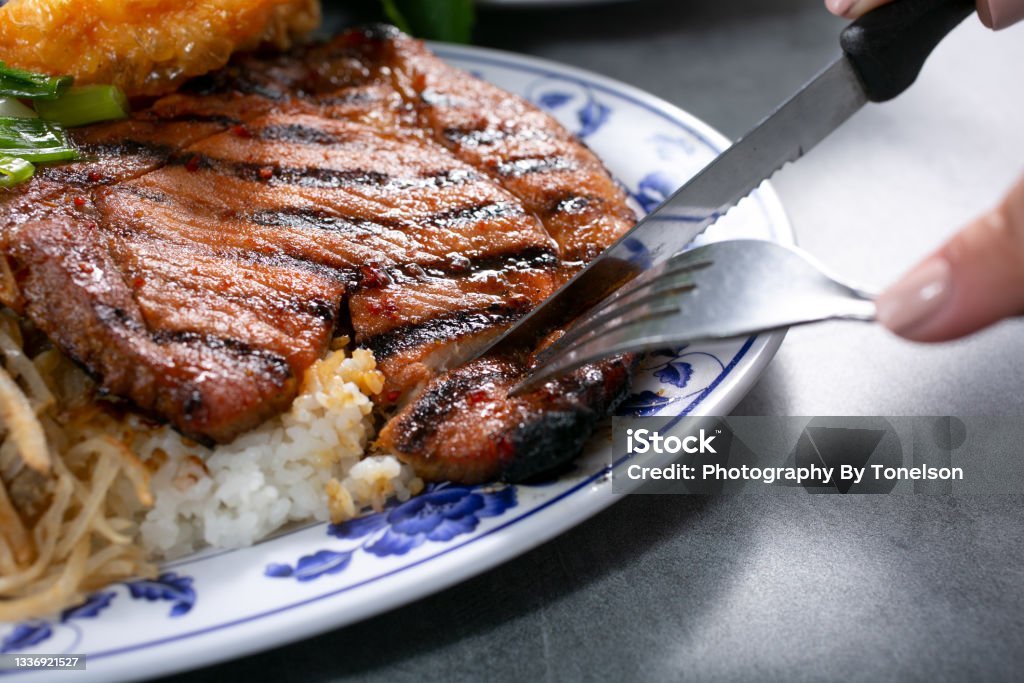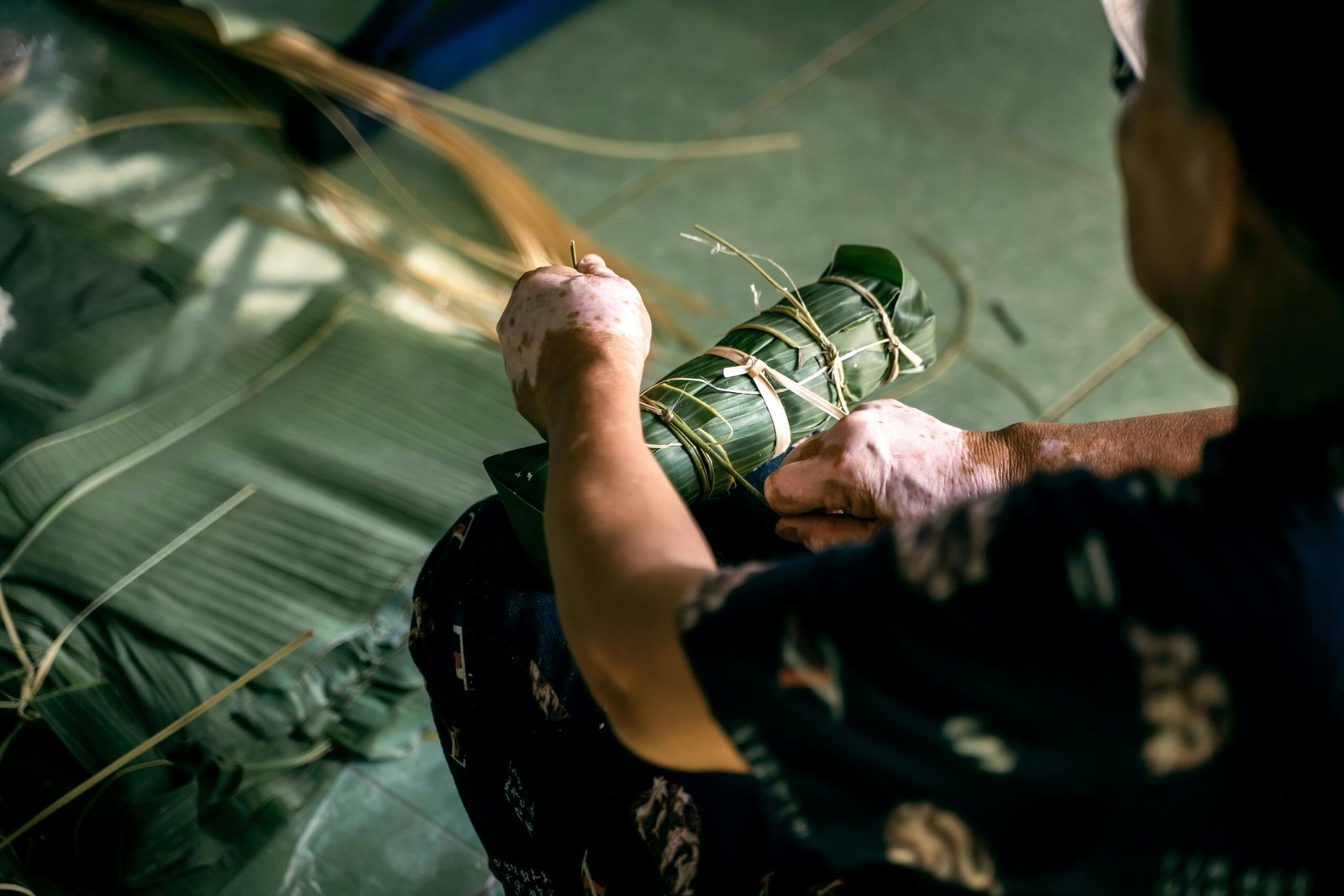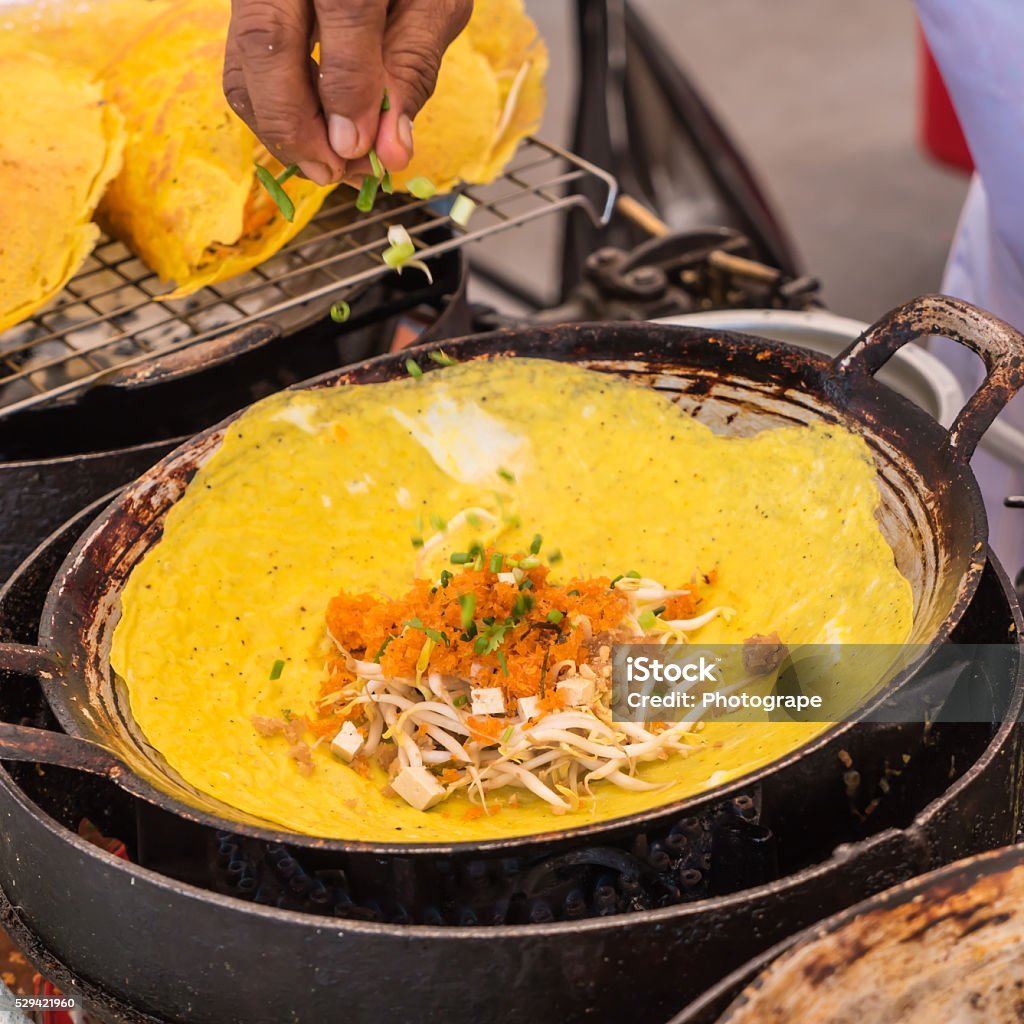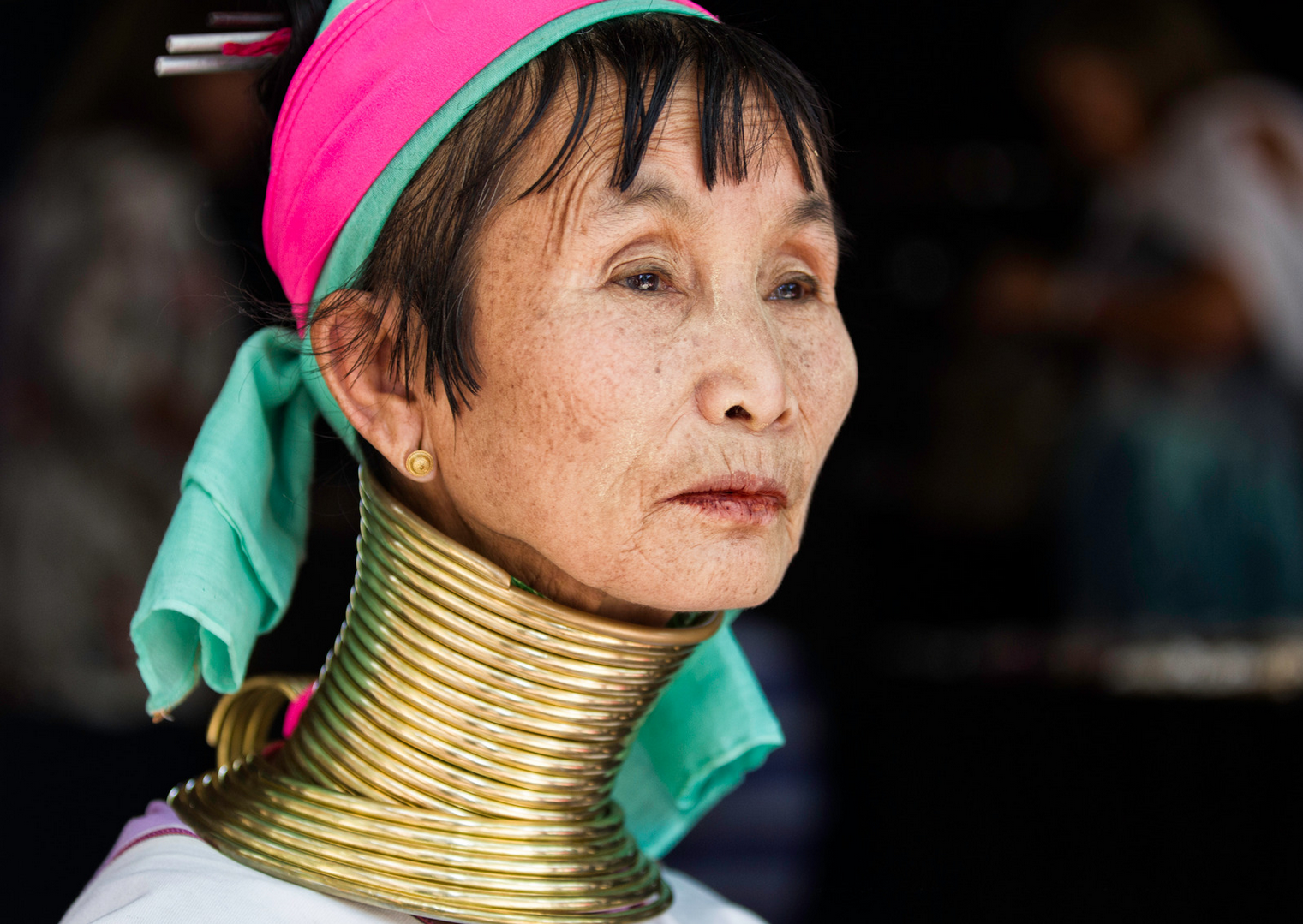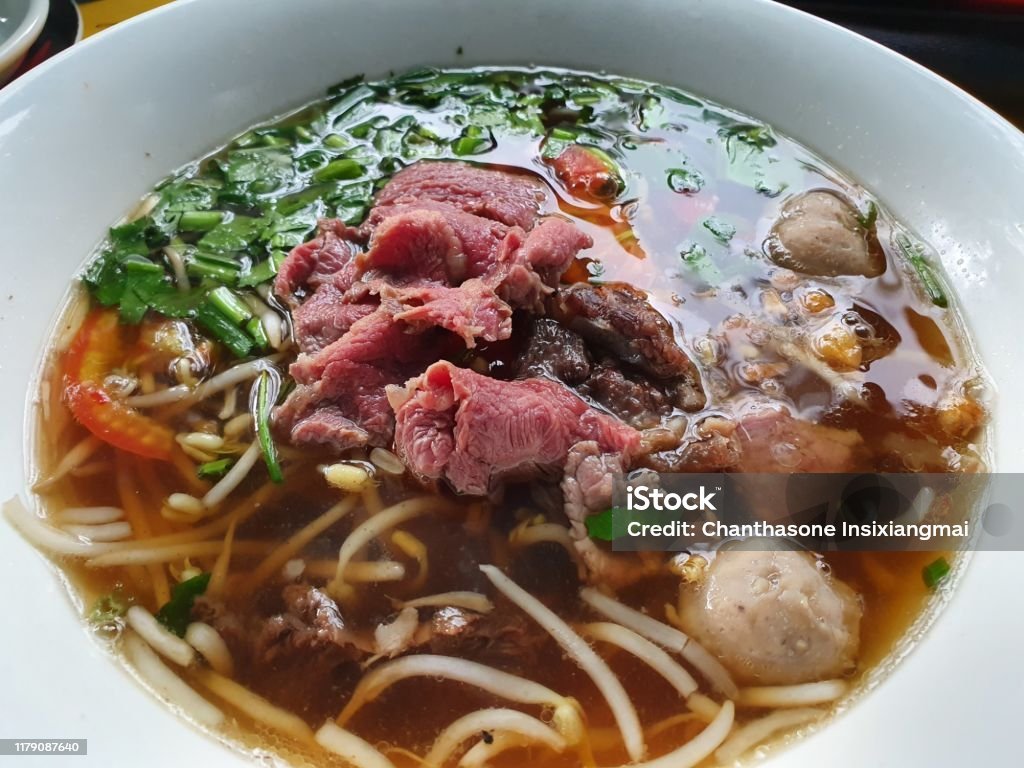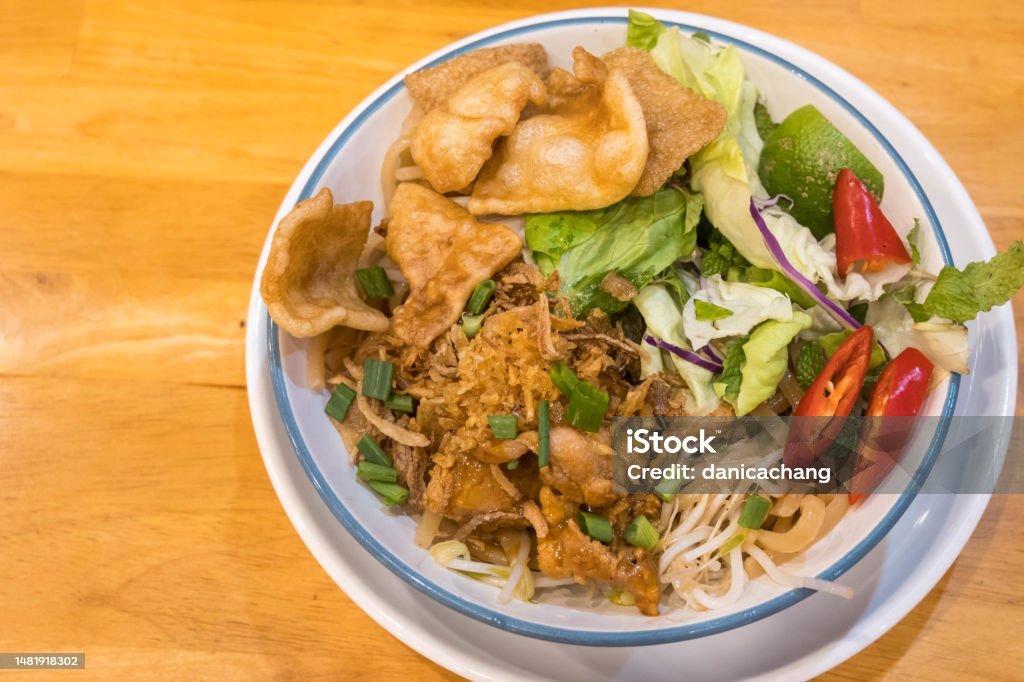
Feng Shui, a concept deeply rooted in Chinese culture, is not only popular in East Asian countries but also profoundly influences life in Vietnam. In Vietnamese culture, Feng Shui is considered an essential element in designing living spaces, workplaces, and even making major life decisions. This article explores Feng Shui and its importance in Vietnamese culture.
What is Feng Shui?
Feng Shui is an ancient art and science that helps balance the energy in our surroundings. The goal of Feng Shui is to create harmony between humans and nature. By doing so, it aims to attract positive energy, wealth, health, and happiness. Feng Shui is often used to arrange homes and offices in a way that promotes good fortune and well-being.

Feng Shui in Vietnamese Culture
In Vietnamese culture, Feng Shui has been deeply intertwined with everyday life for centuries. Many Vietnamese people consult Feng Shui masters when building houses, arranging furniture, or even choosing dates for weddings or business openings. The belief is that the placement of objects, doors, and windows can either invite prosperity or bring misfortune.
For example, it is common in Vietnam to avoid constructing homes that face directly into a river or large body of water, as it is believed that this could cause a flow of negative energy into the house. Similarly, the orientation of a house or building is crucial in ensuring a balance of natural forces. A well-positioned home, in accordance with Feng Shui principles, is thought to attract peace and prosperity to its inhabitants.
Key Elements of Feng Shui in Vietnamese Homes
Feng Shui principles in Vietnamese homes are closely linked to the balance of natural elements, particularly the five elements: wood, fire, earth, metal, and water. These elements are thought to interact with each other, and their balance within the home can influence the health and happiness of the family.
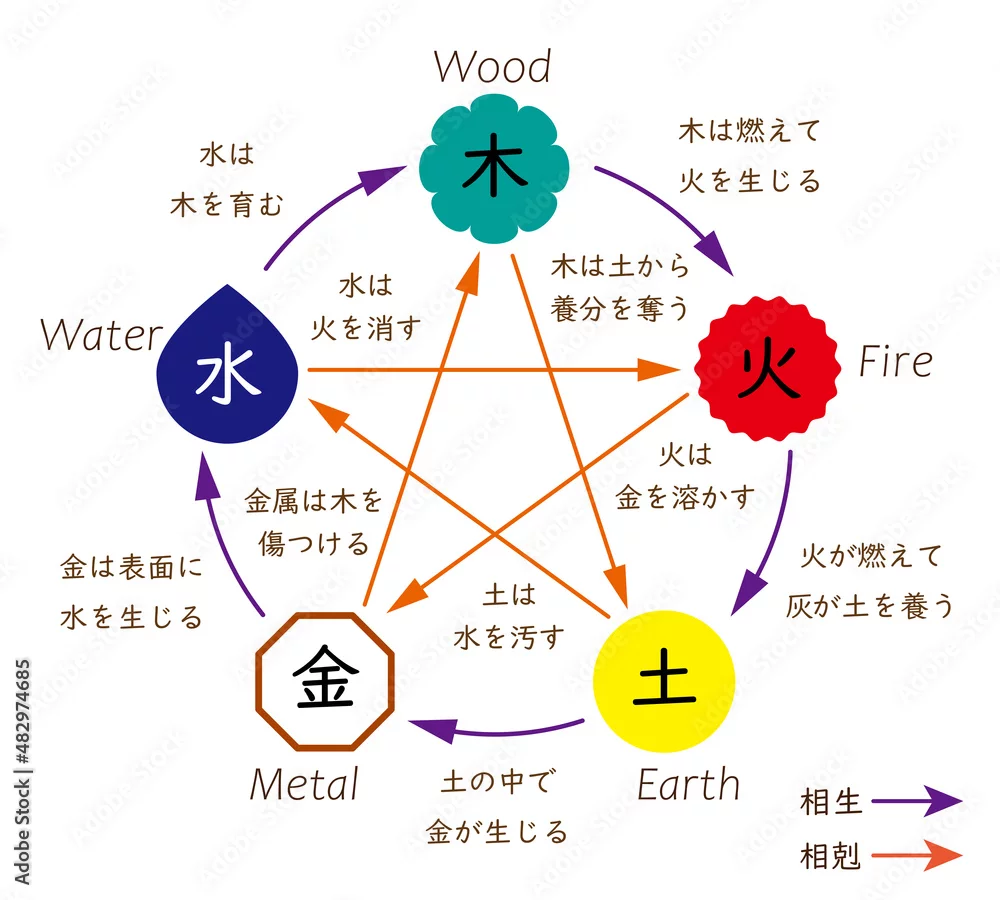
- Wood represents growth and vitality. It is often used in furniture and decor.
- Fire symbolizes energy and passion. Bright colors like red and orange are associated with fire.
- Earth stands for stability and nourishment. Stones and ceramics are frequently used to enhance this element.
- Metal brings clarity and precision. Metal objects like mirrors and decorations are commonly found in the home.
- Water signifies wealth and abundance. Small water fountains or aquariums are often placed in the living room or office.
In addition to the five elements, the positioning of furniture is a significant aspect of Feng Shui. For example, the bed is typically placed in a way that allows the sleeper to see the door without being directly in line with it. This arrangement is believed to promote restful sleep and protect the sleeper from negative energy.
The Role of Feng Shui in Vietnamese Festivals and Ceremonies
Feng Shui also plays a vital role in Vietnamese festivals and ceremonies, particularly in the Lunar New Year (Tết). During this time, people often clean and reorganize their homes, a practice that aligns with the Feng Shui principle of clearing out old energy to welcome new opportunities.
For Tết, many Vietnamese families focus on the arrangement of their ancestral altars. The altar is often positioned in a prominent place in the home, typically facing the East. This direction is associated with new beginnings, making it an ideal location for honoring ancestors and inviting good luck for the coming year.
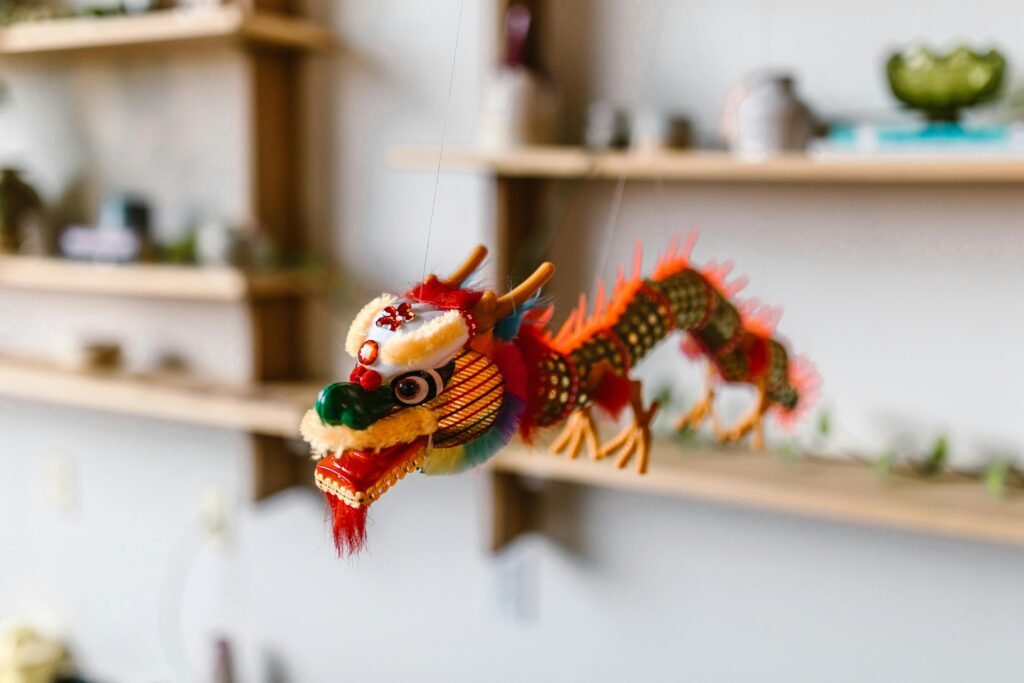
Feng Shui in the Workplace
Feng Shui’s influence extends beyond the home into the workplace. In Vietnam, it is not uncommon for businesses to consult Feng Shui experts when designing office spaces. The placement of desks, especially the manager’s desk, is crucial for success. For instance, sitting with your back to the wall is considered good Feng Shui, as it provides stability and support.
Moreover, Feng Shui principles guide the use of colors, lighting, and decoration in the office. Soft lighting and plants are often used to create a calm and productive atmosphere, while mirrors and sharp corners are avoided, as they are thought to direct negative energy.
The Impact of Feng Shui on Personal Life
Many Vietnamese people incorporate Feng Shui into their personal lives, seeking guidance on relationships, health, and finances. For example, the use of gemstones and lucky charms is widespread. These objects are believed to channel positive energy and protect individuals from harm.
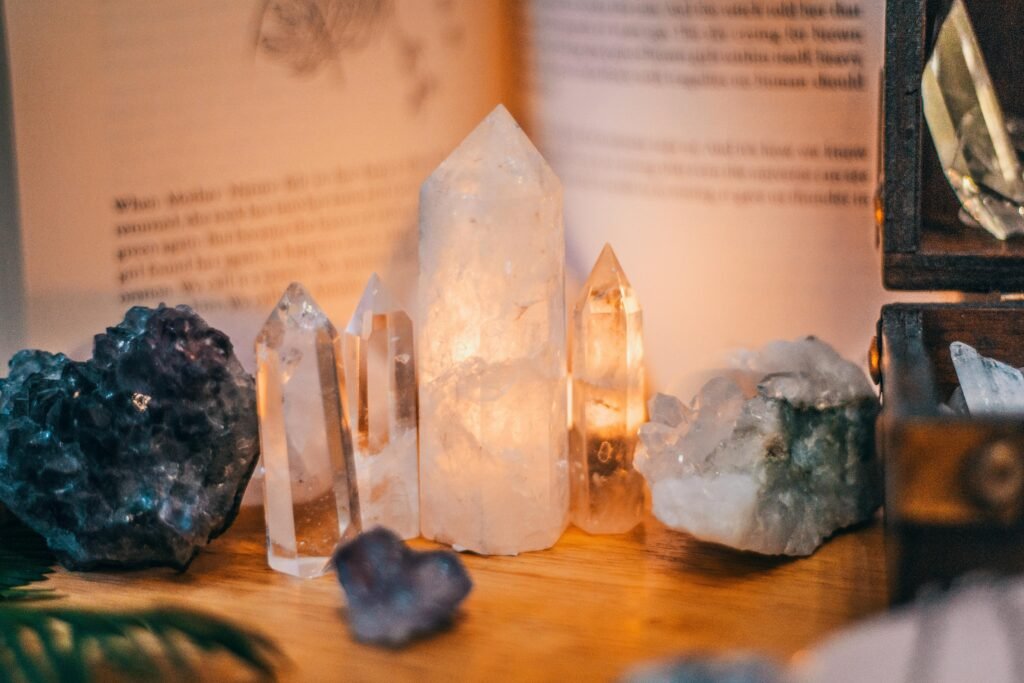
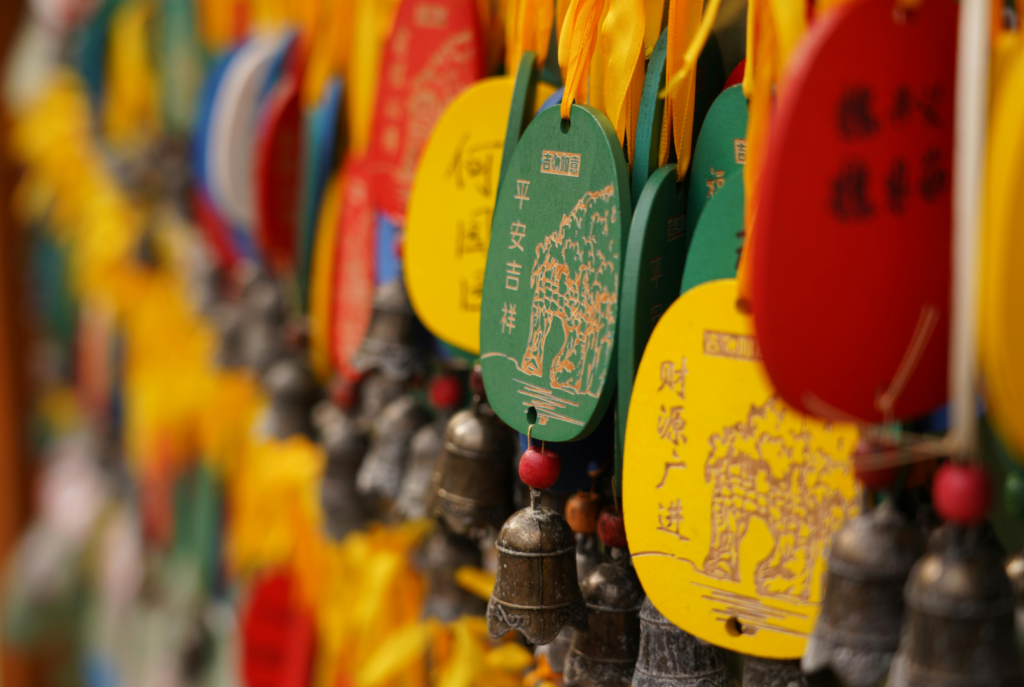
Feng Shui can also influence important life events, such as choosing an auspicious date for weddings or other ceremonies. A skilled Feng Shui practitioner may suggest specific dates based on the couple’s birth dates to ensure a harmonious start to their new life together.
The Future of Feng Shui in Vietnam
While modern life and urbanization have led to changes in how people practice Feng Shui, its influence remains strong in Vietnamese culture. Today, many people blend traditional Feng Shui principles with contemporary design, creating spaces that are both functional and harmonious.
As Vietnam continues to develop, the role of Feng Shui is likely to evolve. However, its core principle of creating balance between humans and the natural world will likely remain relevant for generations to come.
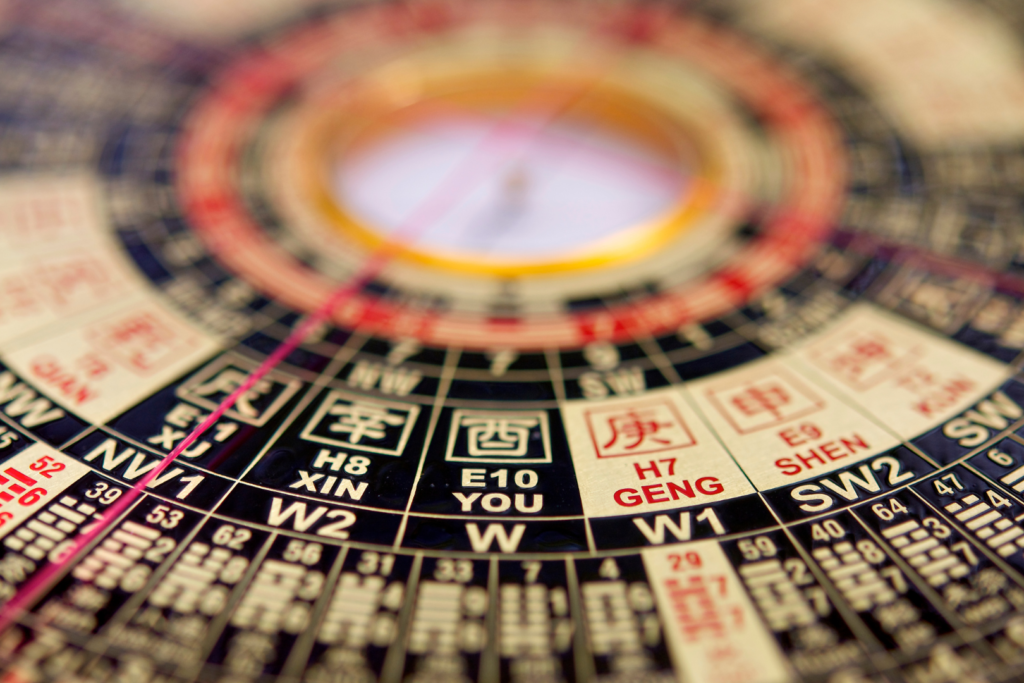
Feng Shui is more than just an ancient practice in Vietnamese culture; it is a way of life that influences everything from the design of homes to personal well-being. The balance of natural elements, careful arrangement of spaces, and alignment with auspicious times are all part of a larger effort to create harmony and attract positive energy. By continuing to honor these traditions, many Vietnamese people believe they can lead lives full of prosperity, health, and happiness.

